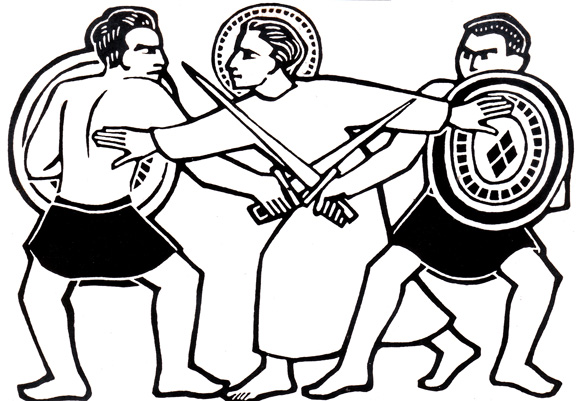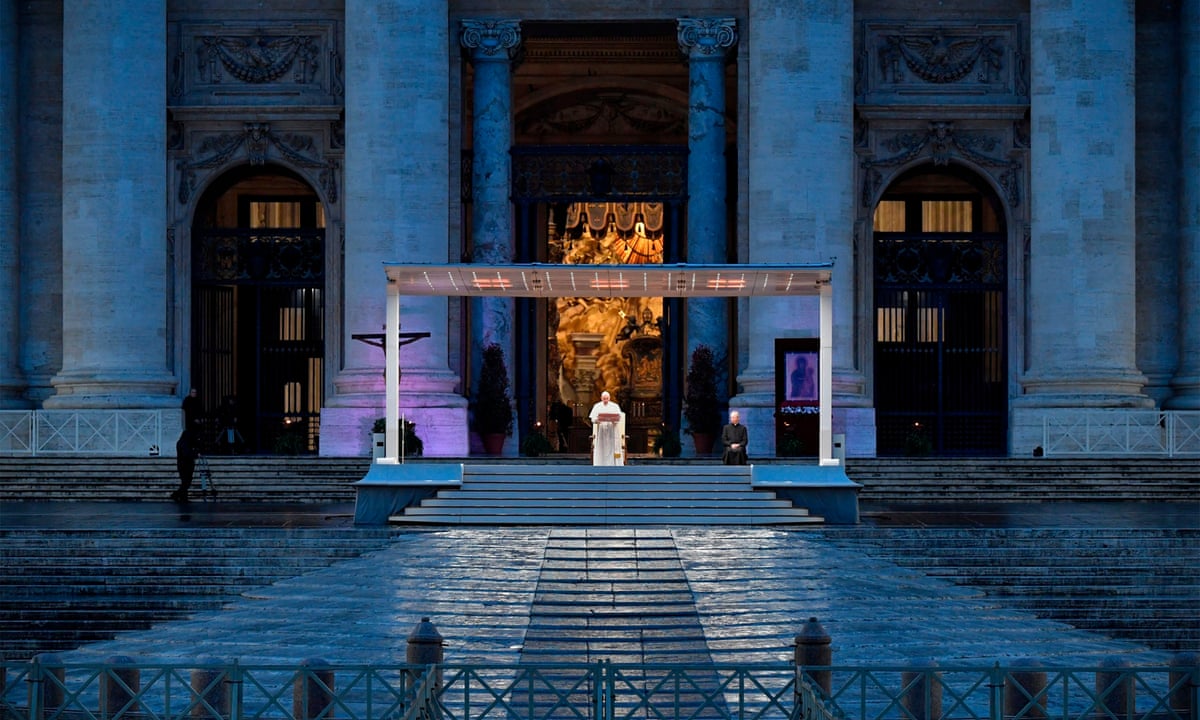On the occasion of the 70th anniversary of the outbreak of the Korean War, the Korean church prepared ways to create reconciliation and peace beyond the Cold War and hostility. The National Reconciliation Committee held the symposium on the day of Prayer for National Reconciliation and Unity' in the Uijeongbu Diocese. By the government's quarantine guidelines, the event was limited to 50 participants and was held while wearing a mask.
The ordinary of the diocese whose hometown is Pyongyang gave the keynote address in which he shared his memories of the war and recalled the terrible and sad situation at the time. He appealed, "Now let's break the'shackles." The bishop emphasized three things the church should do for peace on the Korean Peninsula. First of all, he prays to forget the divisions, and conflicts he has in his heart.
He emphasized the importance of education as well as prayer for peace. The church should teach the values of forgiveness, reconciliation, solidarity, and sharing necessary for peace on the Peninsula. He insisted that the church should be united for a peace treaty on the Korean Peninsula. The most important thing is that a peace agreement on the Korean peninsula is achieved with the declaration of an end to the war. The signing will be a turning point in the journey of peace and new international relations formed.
At this symposium, the presenters centered on the memory surrounding the Korean War. One presenter pointed out the political use of memories of the war by the South and North Korean regimes. Each regime was actively involved in cultivating memories advantageous to their side and forming their citizens along with these suppositions.
He then revealed that both the South and the North have forced themselves to accept dichotomous thinking about the war for political gain and suppressed the memories that deviate from it. The professor explained that this dichotomous and confrontational way of thinking and the lack of communication and negotiation capabilities are characteristic of the culture of war. He pointed out that this culture of war has been internalized giving rise to anxiety, fear, tension, and conflict.
He added, for a long time, only those who supported the official memory of each side have gained legitimacy. Memories that do not correspond have been suppressed and controlled as dangerous memories.
Another presenter, from North Korea, pointed out that citizens who lived in the divided country were not free from dichotomous thinking. In Korean society, we are constantly asked: "Which side are you on?"
The presenter also referred to the case of a North Korean family who had been discriminated against by being called 'red' and stressed that we need to change the memory of the war. Instead of using the memory of war as a basis for healing wounds and working to create peace, we nurture the pain and amplify the hostility and crisis, turning everyday life into a battlefield.
Subsequently, the presenters recollected that it is important to change the memory of war to peace on the Korean Peninsula. In particular, he noted that various and specific memories can contribute to enriching the past and developing imagination for the future.
In conclusion, a priest quoted Pope Francis' counsel in "The Joy of the Gospel" and stressed the church's responsibility for peace. "We must go toward the common good on the premise of taking responsibility for the suffering that others have suffered. The church must not avoid conflict, must not be buried in conflict, and go toward unity for peace."
Also, he emphasized the need for all of us to embrace the preciousness of all living beings based on the common good. In the Pope's Encyclical "Laudato si" he refers to go beyond the common good, to universal solidarity. "We need to expand the content of dignity and embrace the enemy."
Intervew: Koreans are a people "for whom nothing is impossible"
Intervew: Koreans are a people "for whom nothing is impossible"





